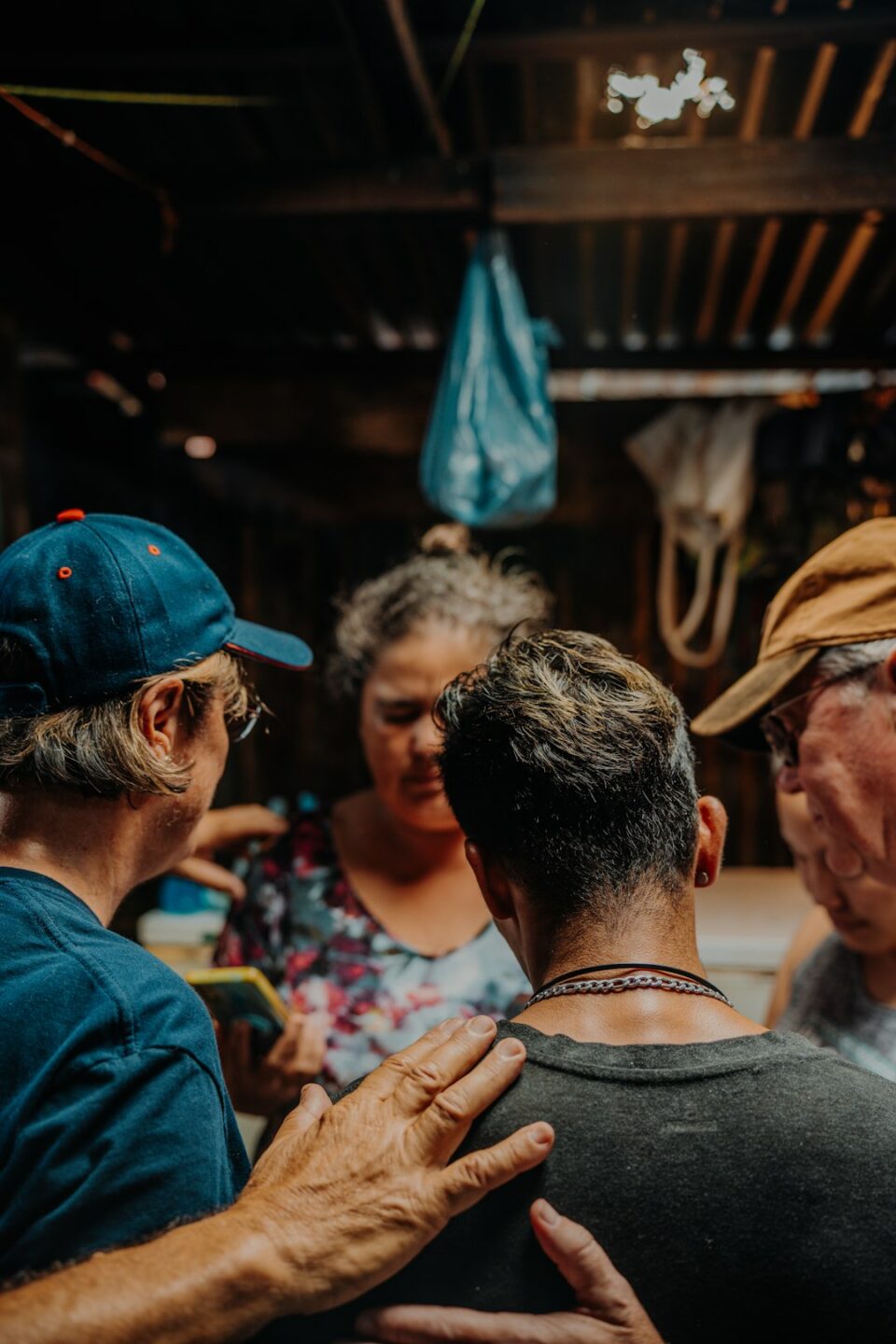Abandonment vs Rejection
Abandonment and rejection are two forms of emotional pain that can have a significant impact on our mental health and well-being. While they may seem similar on the surface, there are important distinctions between the two that can help us better understand and cope with these experiences.
Abandonment is the act of being left behind or deserted by someone we care about or depend on. It can be a deeply painful experience that can leave us feeling alone, betrayed, and unworthy of love. Abandonment can occur in many different forms, such as when a parent leaves a child, a partner ends a relationship abruptly, or a friend stops talking to us without explanation. This sudden loss of connection can make us question our self-worth and ability to maintain healthy relationships.
On the other hand, rejection is the act of being denied or turned away by someone we are seeking approval or acceptance from. Unlike abandonment, rejection is a more direct and explicit form of dismissal that can be easier to identify and respond to. Rejection can occur in various contexts, such as job applications, romantic advances, or social interactions. While rejection can still be hurtful and impactful, it is typically less ambiguous than abandonment and allows us to understand why we are being rejected.
One key difference between abandonment and rejection is the element of choice. Abandonment often involves the other person making a conscious decision to leave or distance themselves from us, whereas rejection may be a result of circumstances or preferences that are beyond our control. This distinction can impact how we interpret and internalize these experiences, as abandonment can feel more personal and intentional, whereas rejection may be perceived as a mismatch or misunderstanding.
Both abandonment and rejection can trigger feelings of shame, inadequacy, and fear of abandonment vs rejection. These emotions can lead to self-doubt, anxiety, and difficulty trusting others in the future. It is important to recognize and validate these feelings, as they are natural responses to the pain of being rejected or abandoned.
It is also helpful to seek support from friends, family, or a therapist to process and cope with these emotions. By expressing our feelings openly and seeking validation from others, we can begin to heal from the wounds of abandonment and rejection. Additionally, practicing self-compassion, setting boundaries, and engaging in self-care activities can help us build resilience and regain our sense of worth and belonging.
In conclusion, abandonment and rejection are challenging experiences that can leave us feeling vulnerable and alone. By recognizing the differences between the two and seeking support to process our emotions, we can begin to heal and move forward with a greater sense of self-awareness and empowerment. Remember, you are not defined by your experiences of abandonment vs rejection, and there is always hope for healing and growth.
——————-
Article posted by:
Anchored Therapy Centre – Individual and Couples Therapy
https://www.anchoredtherapycentre.com/
416-882-9479
15 Brownridge Road, Georgetown, L7G0E2

